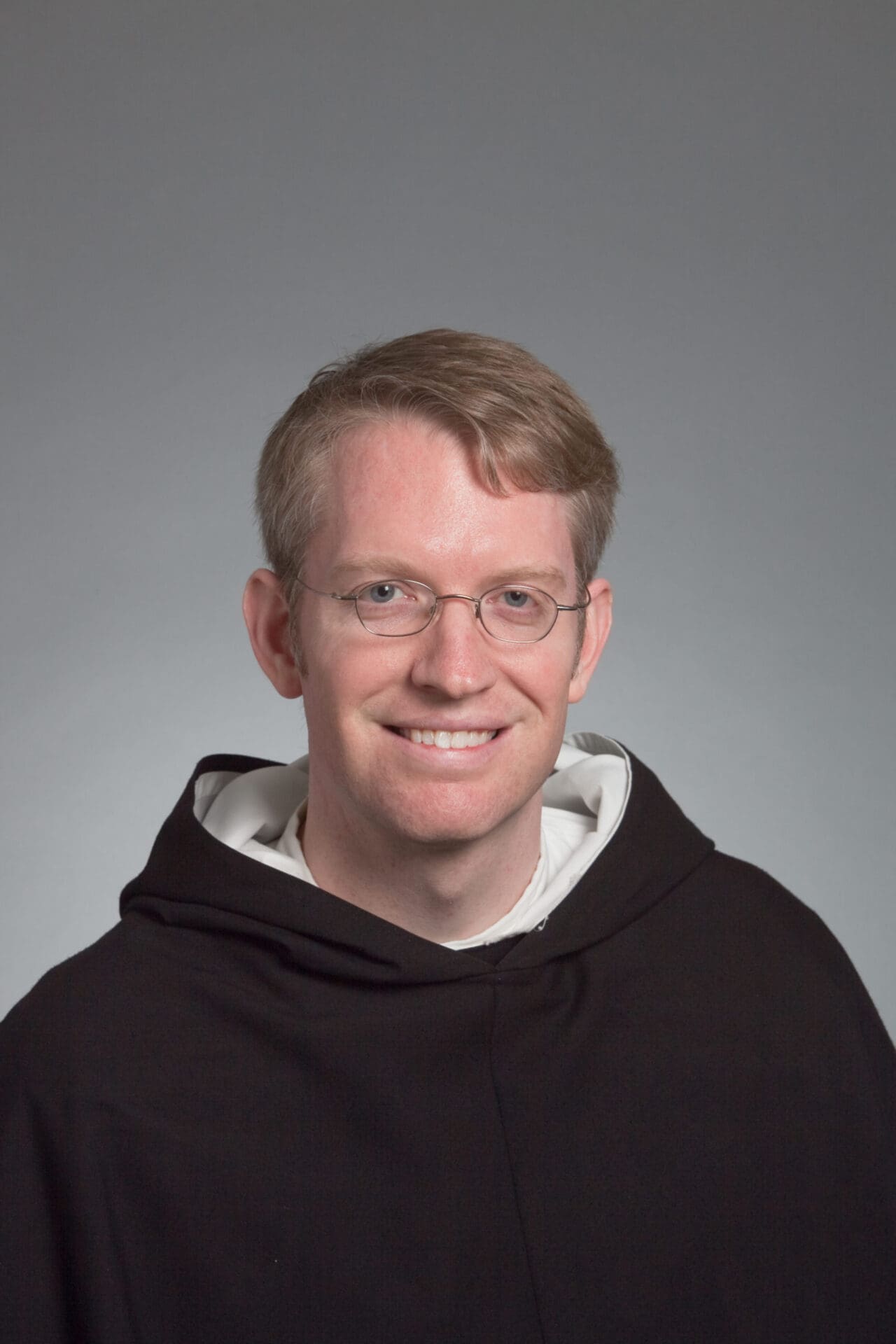Editor’s note: This article is part 18 of a series, “The Kingdom of Grace.” Part 17 can be found here.
Whoever emerges from the waters of baptism is truly a child of the Light and of the Day, and has great potential to recover still more from the effects of the fall, to grow in the life of grace, and to glorify God by a holy way of life. God is ever at work in our hearts to bring to completion the good work he has begun in us at baptism, and he does so by giving us further graces – grace upon grace. Yet God also calls us to participate consciously and freely in the process of our transformation. The question is how. How does one live and walk according to the grace of God in real life?
The Lord Jesus answered the question in the first words of his public preaching: “repent and believe in the gospel” (Mk. 1:15; Mt. 4:17). The first words of the Lord are special. His first words are in the imperative and call us not only to make a one-time recitation of the sinner’s prayer, nor only to make a one-time trip to confession, but to take up a whole way of life. His first words tell us, in a sense, the whole way home to the Father’s house.
The Greek word for repentance is metanoia, and it means transformation of the mind. In Scripture, the terms heart, mind, and spirit all refer to the personal center and core of the human being, but the terms have different senses. The human heart is the spiritual center and interior source of all our love and affection, all of our spiritual hunger, but in Scripture, the heart is capable of much more than love and affection. Scripture also speaks of the “eyes of the heart” (Eph. 1:18), and the eyes of the heart are capable of a higher sort of knowing beyond all sensation, imagination, or memory of particular things. The eyes of the heart are even capable of beholding God by grace. By the light of grace, the eyes of our hearts can behold God enigmatically in this life, through a certain reflection of him in our hearts, and face to face in the next (1 Cor. 13:12). Since the heart has eyes all of its own, and is capable of cognition, it is sometimes also called mind. In the center of our souls, in our hearts or minds, knowledge and love work together, and from the dynamic interaction of what we know and love comes all our free choices. The same personal center called the heart or mind, therefore, is also called our spirit. For spirit is the source of motion, action, and life of the free and intentional kind.
Once upon a time, when God first created Adam and Eve, the eyes of their hearts were illuminated by grace, and they enjoyed a profound awareness of the presence of God in the depths of their hearts. They loved God above all, and their hearts were his temple and his dwelling place. When they fell, however, their hearts changed. They no longer enjoyed the same knowledge of God. True, their descendants are still capable of many forms of knowledge. Even after the fall, human beings are capable of math, science, and philosophy as well as the arts thanks to the natural light of reason. Human beings are also capable of knowing good and evil to some extent. All human societies draw up their codes of ethics, and the codes are remarkably similar across cultures. By pondering the amazing order of nature in the light of reason, human beings are even capable of knowing that God exists. The eyes of the heart are capable by grace, however, of knowing and loving God in a still higher or deeper way. By grace, the eyes of the heart are capable of knowing God inwardly and intimately on the most familiar terms of love – experiencing his Presence. When it comes to this higher and deeper sort of knowing, however, you and I are like the blind men in the gospel stories.
The Lord Jesus Christ has come into the world to recover our hearts from the calamity of the fall and to renew our core awareness of the all-surpassing wisdom and love of God – the awareness of his Presence. The Lord revealed his purpose in the various healings of blind men in the gospels. The Lord healed the blind Bartimaeus outside the city of Jericho (Mk.10:46-52). Jericho is a city so old not even archeologists quite know when it was founded. Perhaps the Lord conducted the healing there to signify he was resolving the most ancient of our issues. For such is the blindness of the eyes of our hearts to the Presence of God. The Lord healed another blind man by stages and degrees. As he recovered his sight, the people he saw first looked like trees but later he saw more clearly (Mk. 8:22-26). The Lord does not heal the eyes of our hearts all at once, but he does so gradually and by stages on the spiritual way. The greatest story of them all, however, is the healing of the man born blind (Jn. 9). The Lord made a salve of his own spittle and dirt, anointed the eyes of the man, and told him to walk through the city to wash in the pool called Siloam. So, too, the Lord does with us. The Lord anoints the eyes of our hearts with faith in the gospel and tells us to walk all our days in this world on the pathways of metanoia towards the gushing pool of Light in the heavenly places.
In keeping with the Lord’s call to metanoia, Saint Augustine describes our whole situation as follows: “Our whole business in this life, brethren, is to heal this eye of the heart whereby God may be seen. To this end are celebrated the Holy Mysteries. To this end is preached the Word of God. To this end are the moral exhortations of the Church…” The whole purpose of our lives in this world, Saint Augustine says, is to receive the transformation of our minds – to heal the eyes of the heart – by grace. The holy Church of God sets before us many ways and means, practices and steps for us to take in doing so, but all of them together are best understood as so many pathways of metanoia. Saint Augustine sums them all up in three: celebration of the sacraments, listening to the Word of God, and the whole vast array of moral exhortations. When God calls us to participate consciously and freely in our transformation by grace, he calls us to walk in all these ways and further articles shall discuss them in more detail. The point of them all is for our hearts to come to know God, to love God, and to enjoy God more and more by grace.
The second part of the Kingdom of Grace series shall spell out the pathways of metanoia in more detail, but the only way to walk them in a truly fruitful way is in the spirit of faith, hope, and love. “Repent,” the Lord says, “and believe in the gospel.” Belief in the gospel is the topic of the next article in our series.
Image courtesy of Unsplash.
Father James Dominic Brent, O.P. is a Dominican Friar who lives and teaches at the Dominican House of Studies in Washington, DC. Several of his homilies, spiritual conferences, interviews, and radio spots can be found on his personal Soundcloud site. He frequently lectures for the Thomistic Institute and appears on Aquinas 101.




